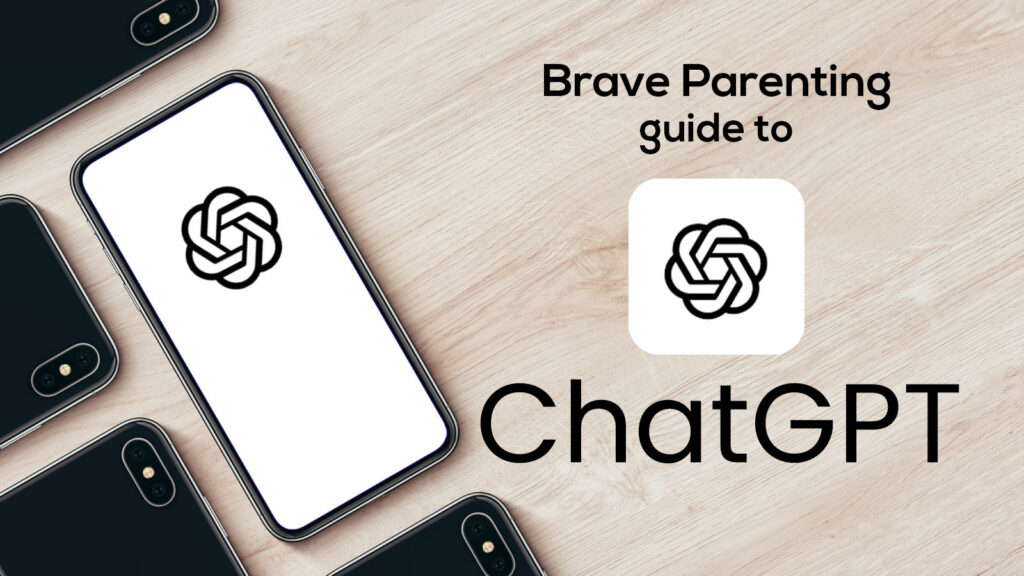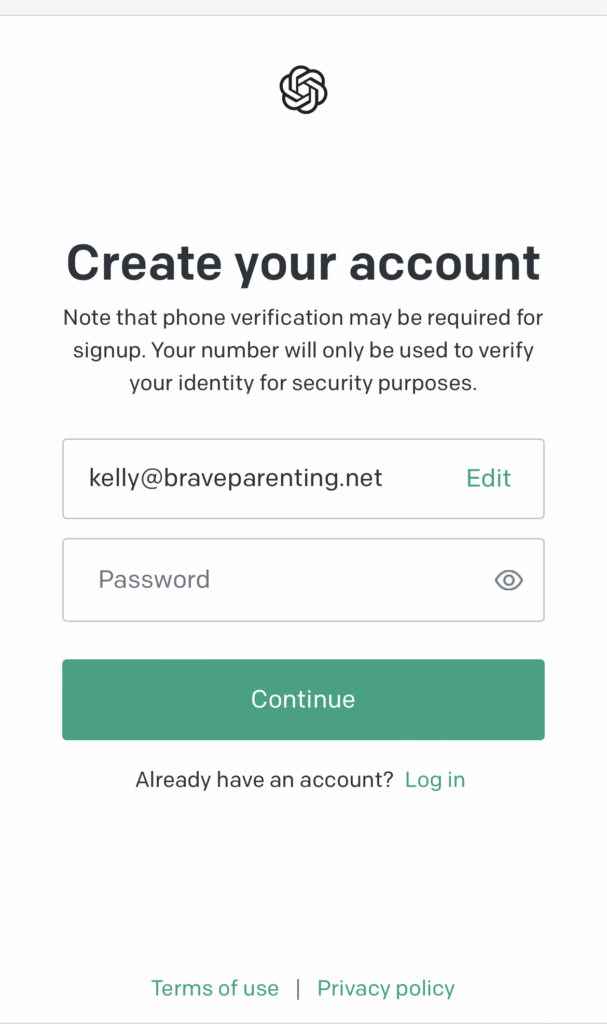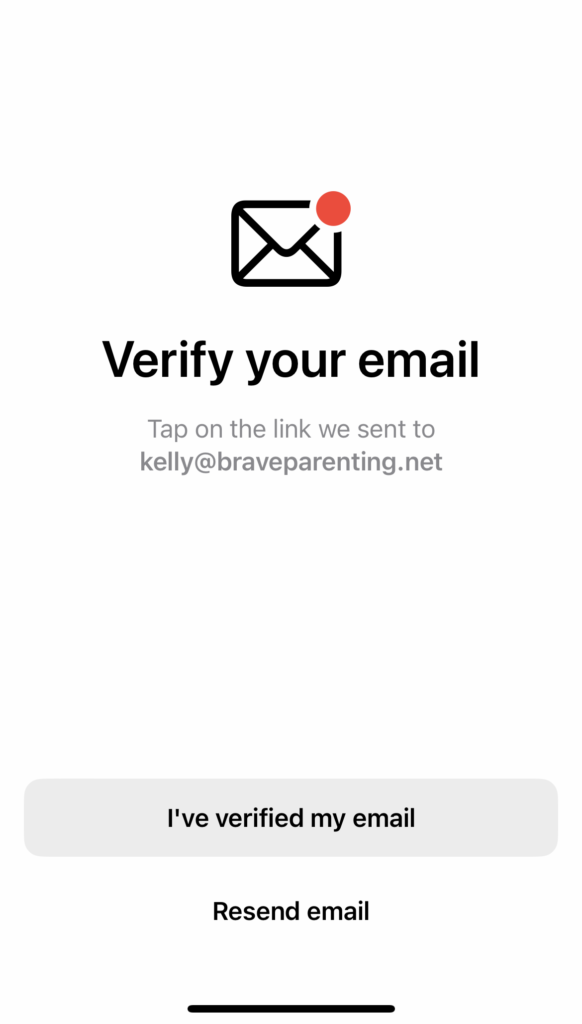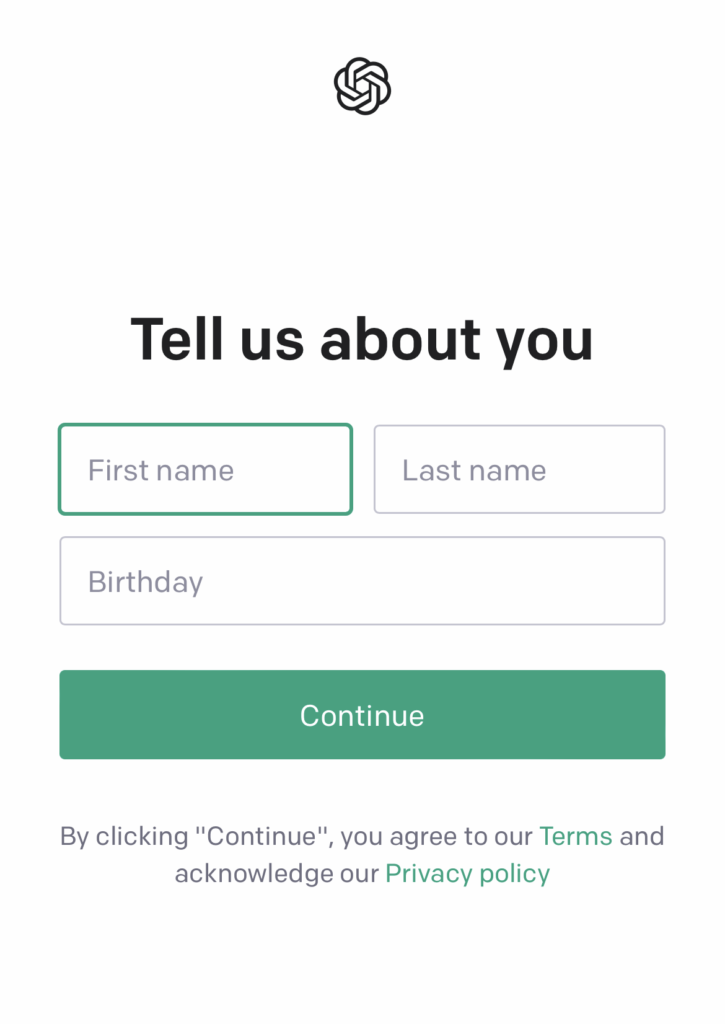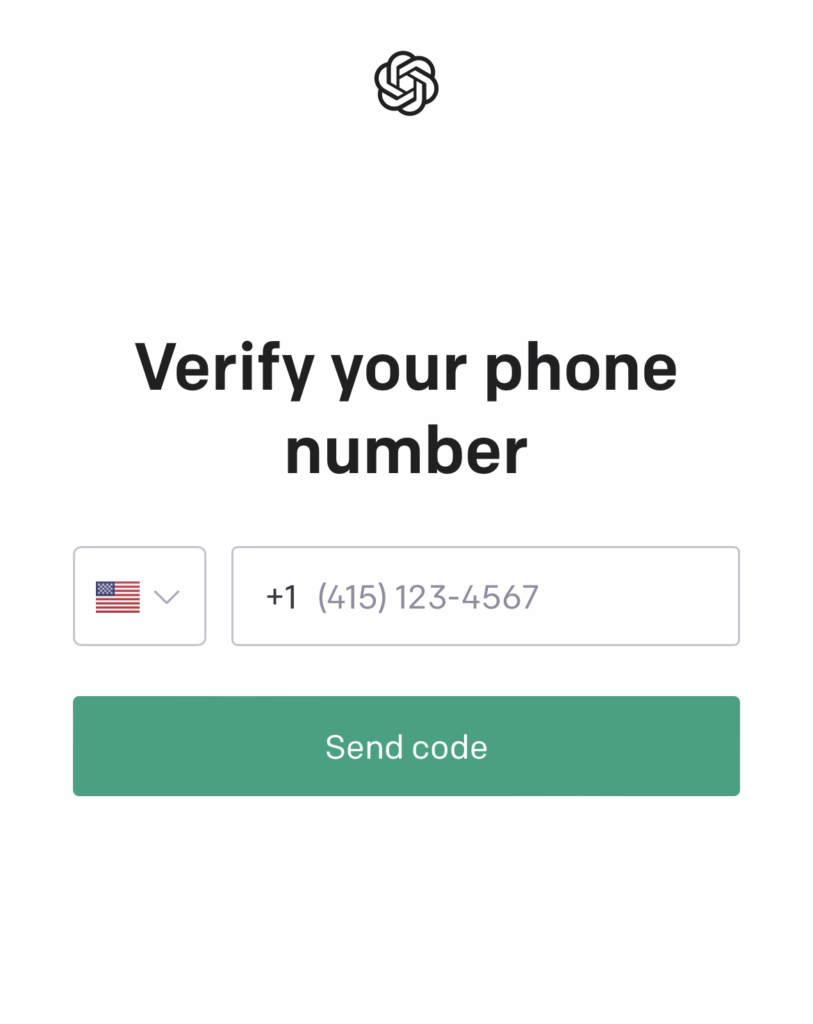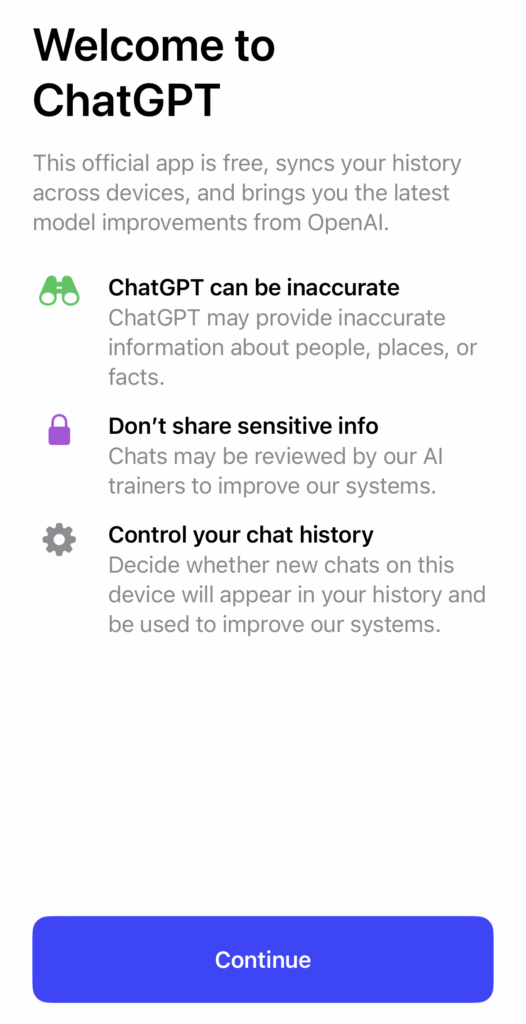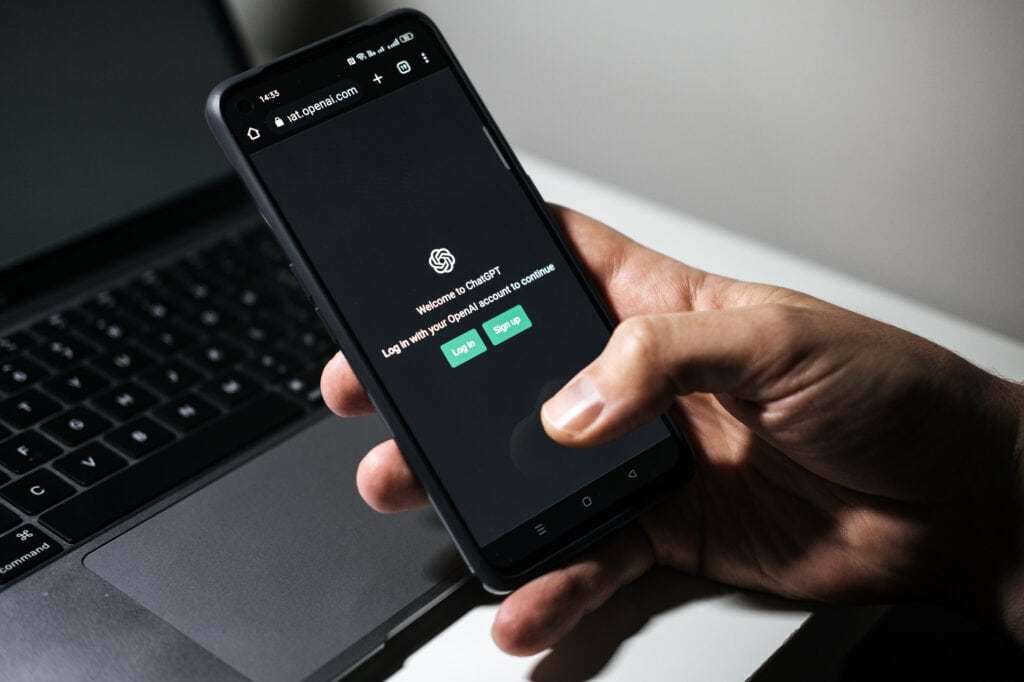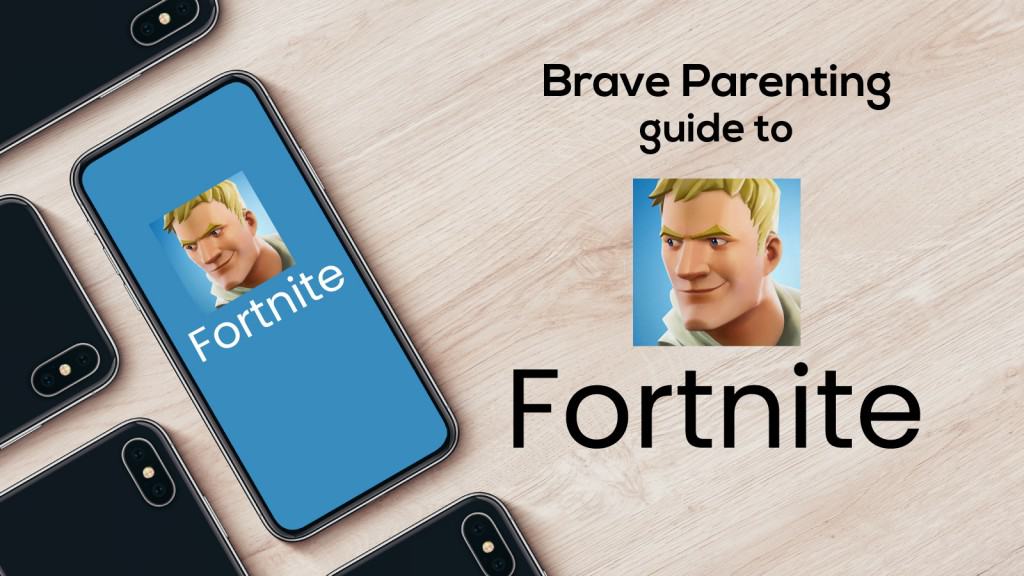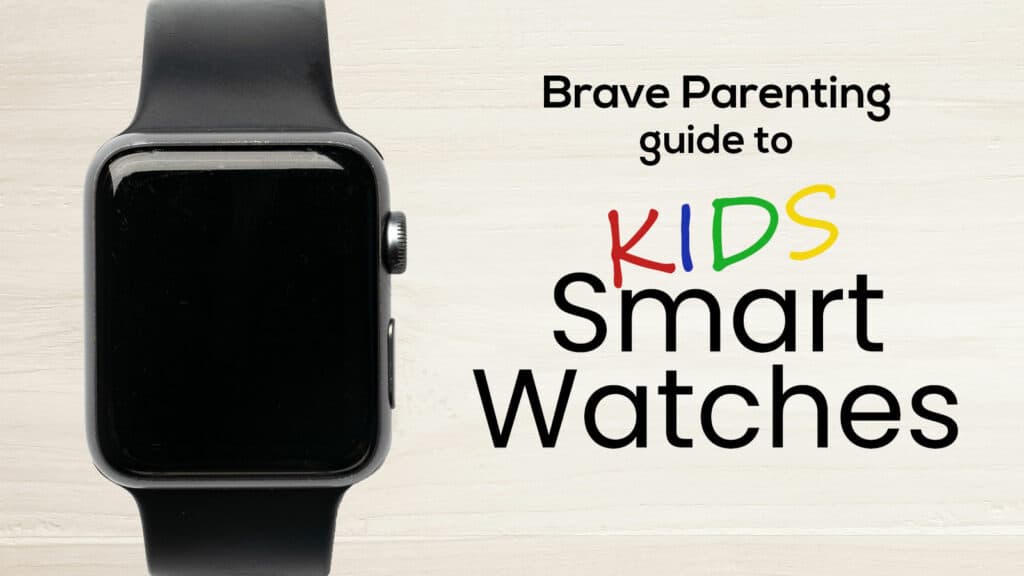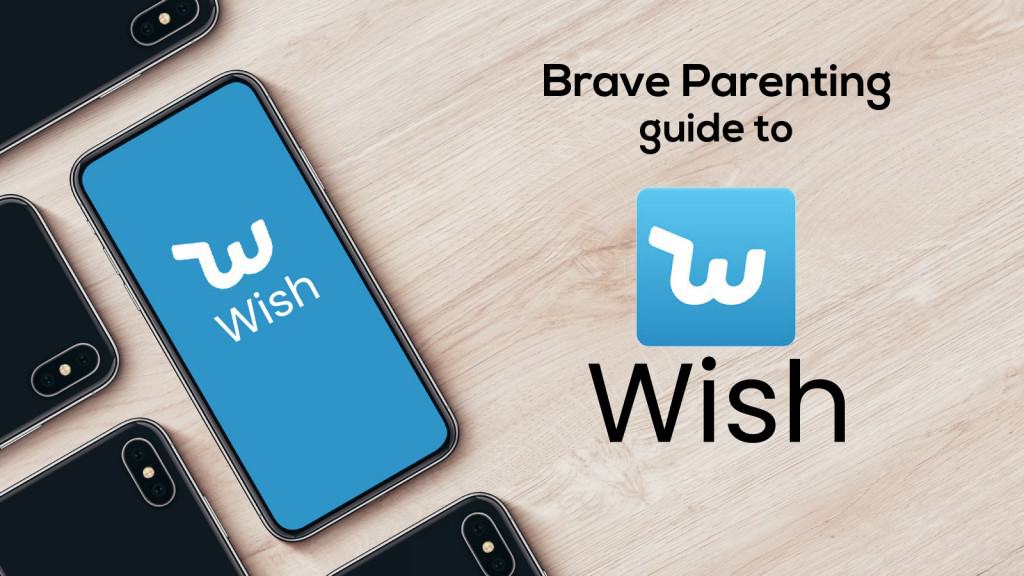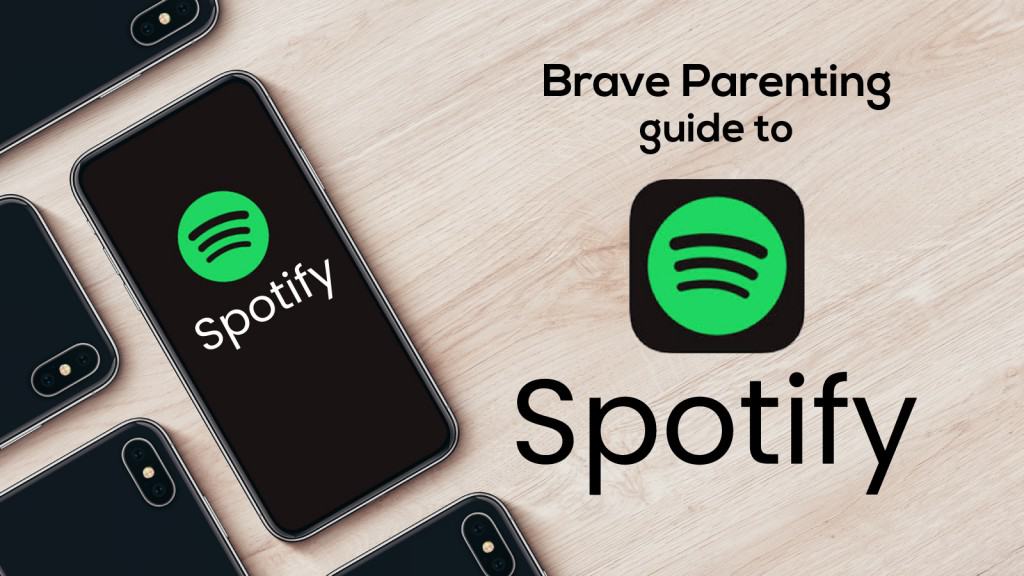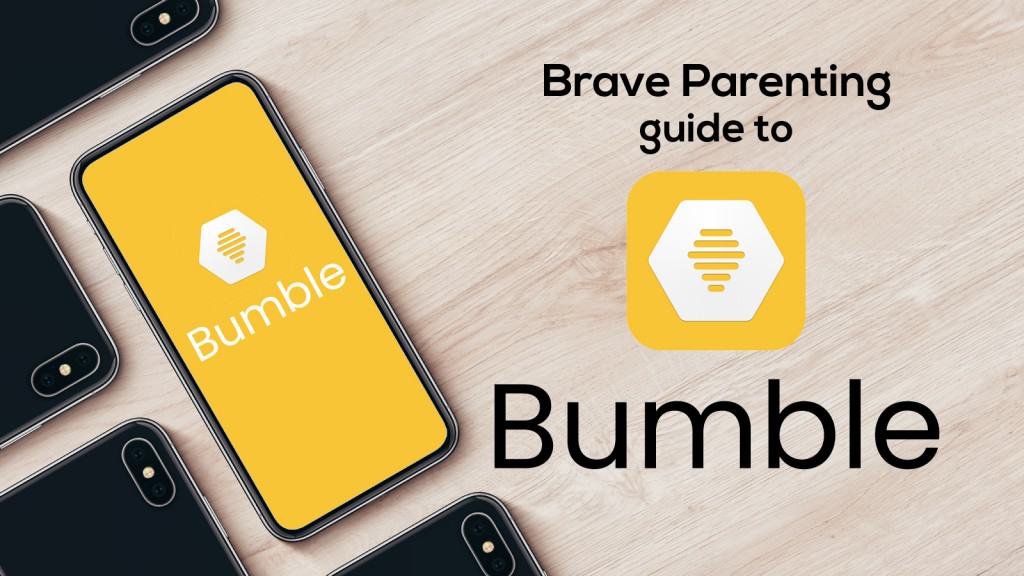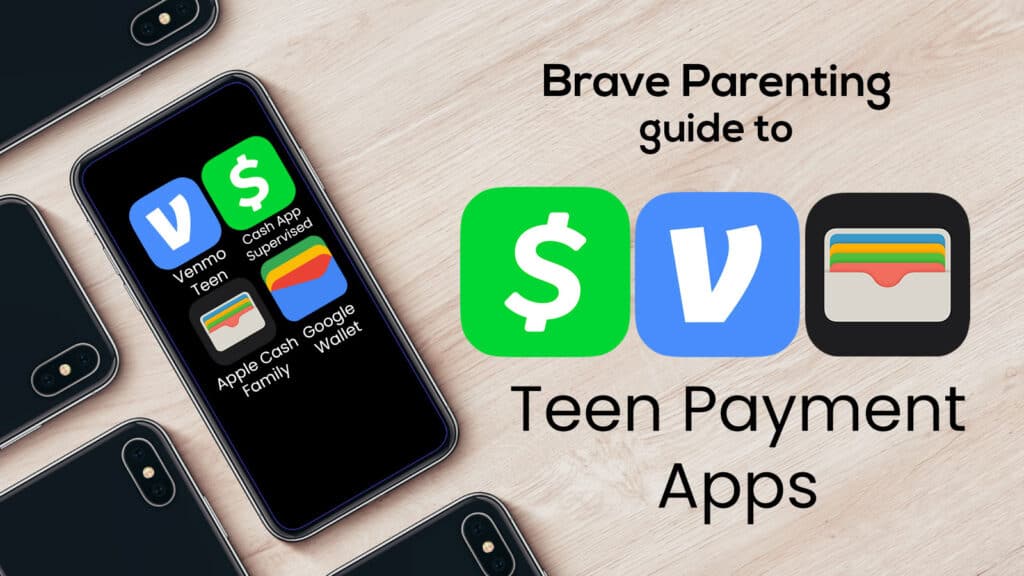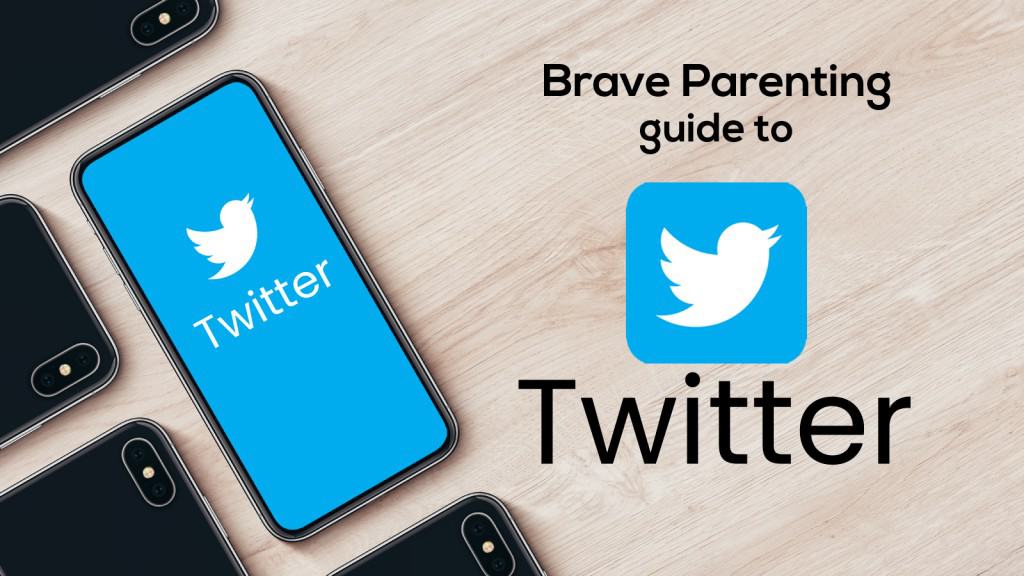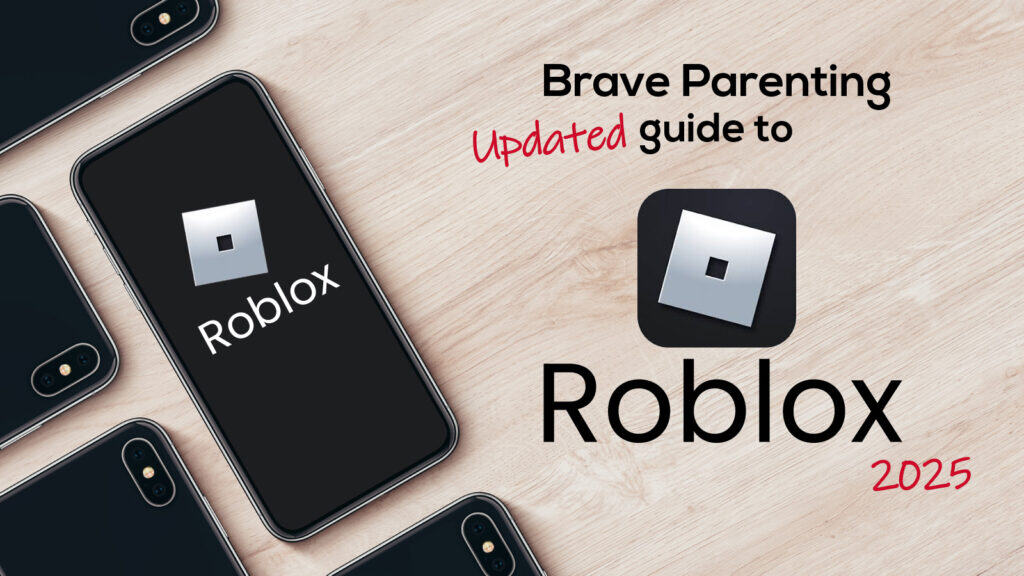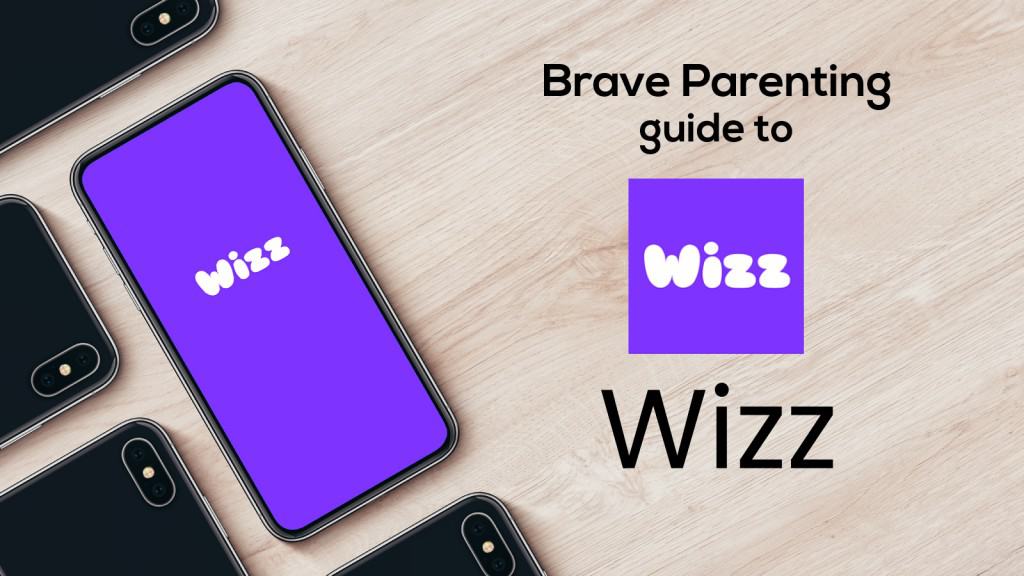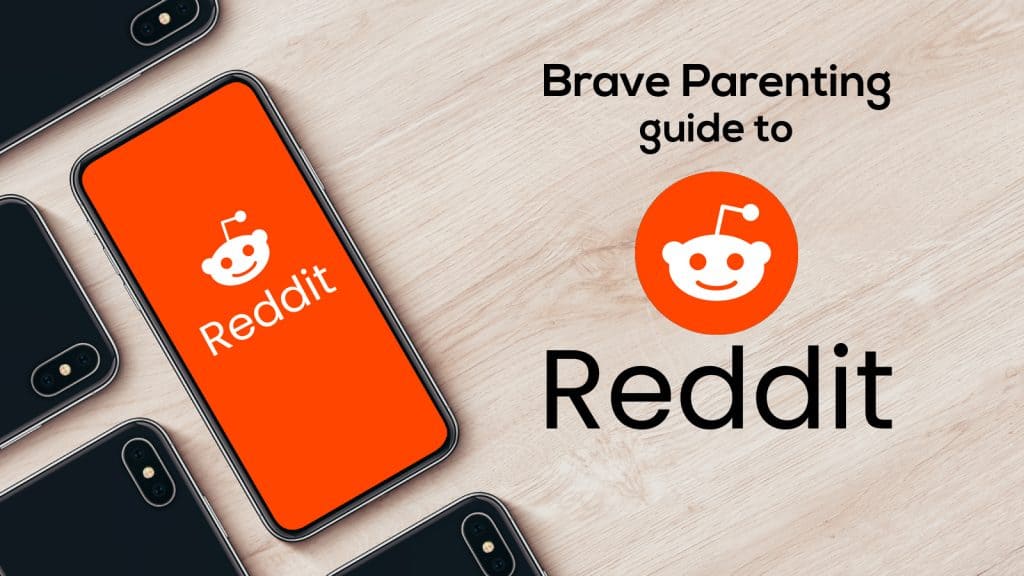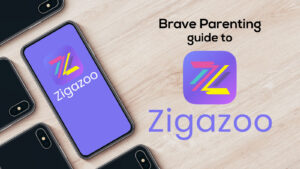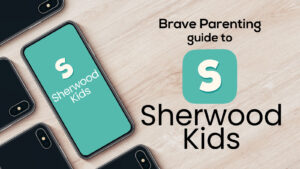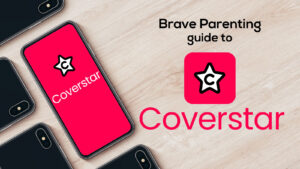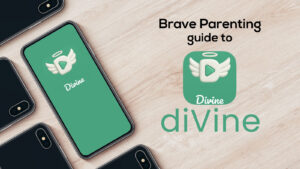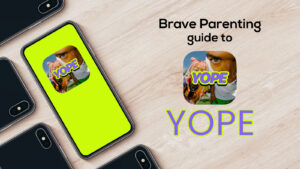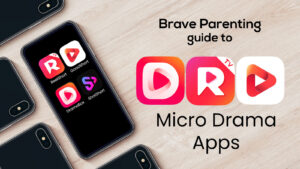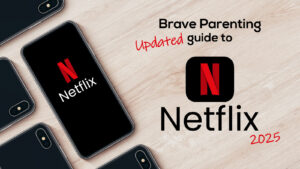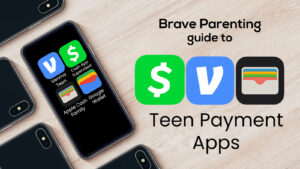Updated September 2025
What is ChatGPT, and is it safe for kids?
Artificial Intelligence is a hot topic, driven into the spotlight recently by OpenAI’s release of ChatGPT. To put it bluntly: this technology changes everything.
Here are 5 FACTS every parent needs to know about ChatGPT:
Also check out our podcast, Episode 86: ChatGPT and How This Changes Everything
#1 What is ChatGPT?
ChatGPT is an advanced natural language processing model developed by OpenAI. It is based on the Generative Pretrained Transformer model, the GPT in ChatGPT.
Basically, it is an AI machine learning algorithm that spent years analyzing the language on the internet in order to understand and generate a natural way to communicate information back to users. Users can provide prompts or ask questions, and the model will generate responses accordingly.
ChatGPT is designed to understand and generate human-like responses based on the input it receives. Which is why it has gained so much popularity. Its versatility and interface make it useful for a wide range of questions, creative writing, language translation, and more.
Launch dates:
ChatGPT launched publicly on November 30, 2022
ChatGPT Plus, a subscription plan, became available to the public on February 1, 2023
ChatGPT iOS app became available on May 18, 2023 and Android in July 2023
Today, ChatGPT is powered by GPT-4o (“omni”) which can handle text, images, and voice.
#2 Creating and Using An Account
You can create a free account with OpenAI in order to use ChatGPT. This can be through the app or on a desktop browser.
OpenAI will require several checks to ensure you are a real person with a legit email and a non-web-based phone number. The birthdate is to verify age. While U.S. law (COPPA) allows for the collection of data for children over 13 years old, ChatGPT’s terms of service state a user must have a parent’s permission if under the age of 18.
In reality, teens will just lie about their age.
Once logged in, users can ask ChatGPT to do everything from writing a love song or planning a vacation, to summarizing a book, analyzing an image, or generating computer code.
Brave Parenting’s account’s first prompt was asking ChatGPT to write a review about itself. Its glowing 5-star response praised its “boundless knowledge” and “game-changing abilities.” That type of self-promotion highlights just how persuasive and polished AI can appear.
#3 Can ChatGPT Write School Essays?
Yes, and it can do so in seconds. And it’s really good. Students can request essays of any length, with sources, on virtually any topic. The writing is coherent, well-structured, and often indistinguishable from student work.
The bigger question for students is: Just because I can, does that mean I should?
In today’s culture, the temptation to be unethical is, sadly, so downplayed and subtle that many students won’t pause long enough to consider the implications. They rationalize that if everyone else is doing it, why wouldn’t I? I can; therefore, I should.
Many schools across the U.S. are restricting access to ChatGPT from its networks and school computers for this very reason. With the availability of the iOS app, any school/teacher who allows smartphones to be used during instructional time runs the risk of students using the app. (Because kids are savvy enough to use VPNs to bypass school network restrictions, they don’t value learning when answers can be easily found online, etc., etc.)
Parents often ask: Does ChatGPT plagiarize, and will students get caught using it?
ChatGPT does not copy and paste from sources; instead, it generates new text based on patterns in its training data. That means plagiarism checkers usually show it as “original.” There are some easy tells for teachers who are familiar with AI-generated responses, however.
To avoid the problem, most teachers now rely more on in-class writing, oral defenses, and required drafts.
#4 Companion, Confidant, and Counselor?
A growing and concerning trend is that young people are turning to AI chatbots like ChatGPT for companionship, counseling, and life advice.
Perhaps they are bored and lonely, and begin long conversations where attachment (romantically or platonic) is formed. Or they use ChatGPT as a confidant to share internal struggles, and secrets they don’t feel like they can share with any human. Most dangerously, however, teens are using ChatGPT as a therapist or counselor seeking life advice or therapy. Reports are now surfacing where teens have received harmful and misleading responses. In one case, a teenage boy took his own life after ChatGPT allegedly encouraged his suicidal thoughts.
The wrongful death lawsuit filed against ChatGPT states: “Over the course of just a few months and thousands of chats, ChatGPT became Adam’s closest confidant, leading him to open up about his anxiety and mental distress.”
This is why ALL chatbots (including ChatGPT) are unsafe for children and teens to use unsupervised and unmonitored. AI cannot love, comfort, or disciple a child’s soul. AI is not human and therefore cannot fully understand the human condition, regardless of the amount of training it receives.
OpenAI, the parent company of ChatGPT, announced updated “parental controls” or settings that will enable the chatbot to get people the help they need when it’s most needed. This includes linking teens’ and parents’ accounts, controlling the bot’s response, disabling features such as chat memory, and receiving notifications of acute distress.
#5 App Ratings & Review
Available on iOS only, but also accessible through desktop browsers.
Apple: 12+
Android: Not available
Common Sense Media: 17+
Brave Parenting: 18+ app, 14+ on PC or Mac with direct supervision
An app such as ChatGPT is an excellent tool for adult professionals who can use it to provide quick and accurate answers and responses to inquiries. It certainly saves time and, as stated, is an effective virtual assistant. However, we cannot stress enough that this is for adults who have fully formed frontal lobes, know how to problem-solve effectively, and use the internet and AI as a utility, not as a crutch, hack, or cheat.
Unfortunately, most teenagers do not fall into that category. The temptation to use ChatGPT to complete their homework may be more than their self-control and ethical compass can resist. Considering how Google is already used for plagiarizing instead of learning, ChatGPT only makes a student’s opportunity to not learn even greater.
AI is an important technological advancement used in many facets we engage with every day. Parents should have honest conversations about ChatGPT (and all the other AI assistant/chatbot apps out there) and express the reason why they need to be 18 years old to use the app independently, even though it could save them time, effort, and stress.
The primary biblical reason to wait till 18 is academic dishonesty. God commands His children not to bear false witness and not to be dishonest. Claiming AI-generated content as your own produced work is dishonest.
In Luke 16:10, Jesus says that the one who is faithful in very little is also faithful in much, and the one who is dishonest in very little is also dishonest in very much. A justified level of dishonesty here will bleed over into other areas of life.
Proverbs 11:1 states that a false balance is an abomination to the Lord, but a just weight is His delight. If the options of doing the work or having ChatGPT do the work are weighed in the balance, it is obvious what would delight God more.
While it is true that the teacher or professor may never know something was AI-generated, God sees, and God knows (Proverbs 5:21-23). Who then are you seeking approval of, man or God? (Gal 1:10)
As a society, we really need (and should all want) ethical AI. May it be that the body of believers leads the way, walking in integrity and without ethical compromise.
The Lord rewards those who walk in upright ways; therefore, work as though you are working for the Lord, not man (Col 3:23-24).
And even when you are not a student, these ethical standards still apply.
Final Caveat
Our 18+ rating is for the ChatGPT app on smartphones. As technology continues to progress, AI will become more prevalent and unavoidable. Bing search is integrated with OpenAI, Google has an AI named Bard, and many more are in development. We recommend that parents actively teach their children how to use these tools with direct supervision on a PC or Mac. This will provide your child with opportunities to learn about and utilize AI in a productive manner while not allowing them to use it to complete homework and assignments.

